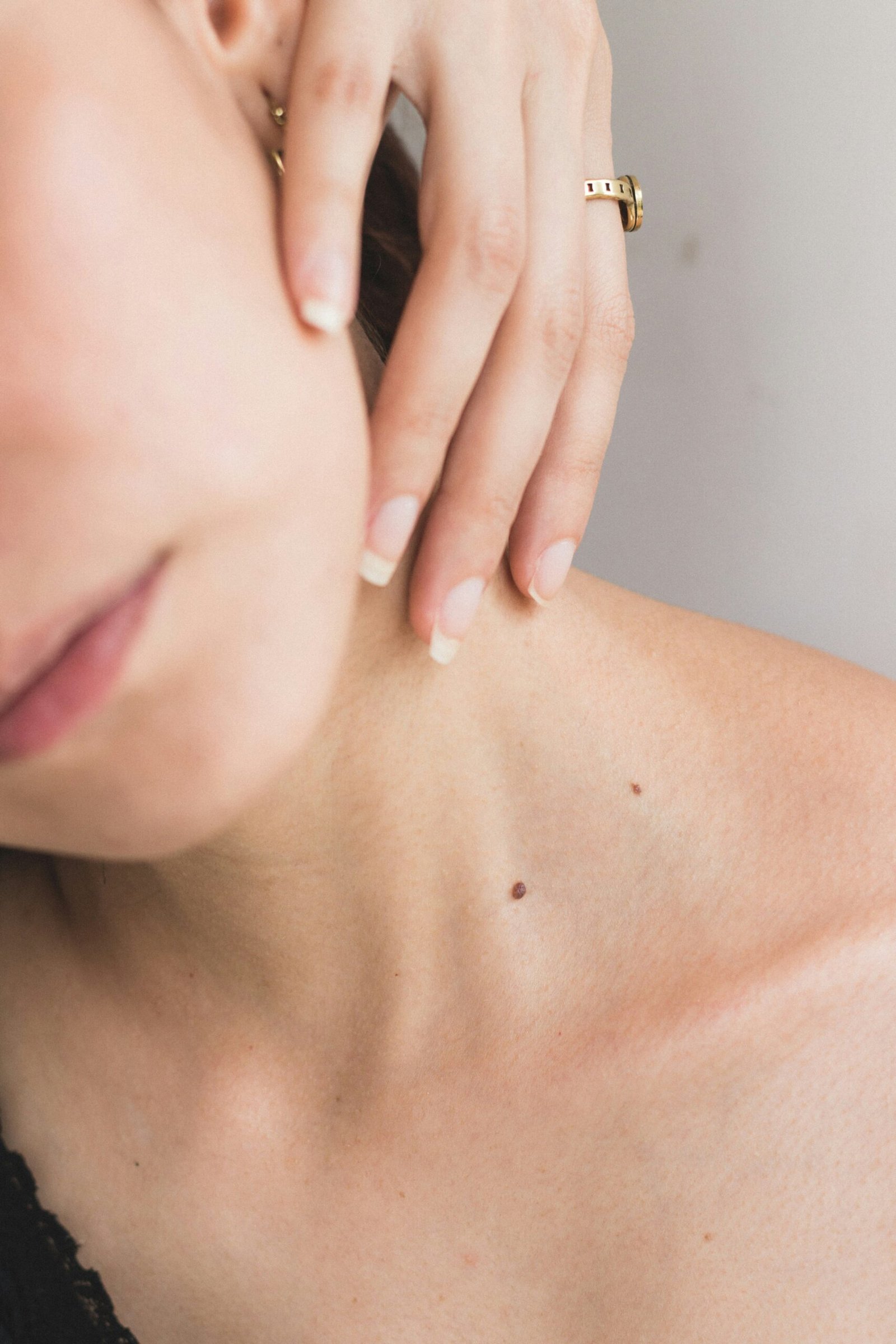
Understanding Skin Cancer: Causes, Signs, and Preventive Measures
Skin cancer is a prevalent form of cancer that affects millions of people worldwide. It occurs when abnormal cells in the skin start to grow uncontrollably, leading to the formation of tumors. While skin cancer can be a serious and potentially life-threatening condition, understanding its causes, recognizing its signs, and taking preventive measures can significantly reduce the risk of developing this disease.
Causes of Skin Cancer
Excessive exposure to ultraviolet (UV) radiation is the primary cause of skin cancer. UV radiation can come from the sun or artificial sources, such as tanning beds. When the skin is exposed to UV radiation, it can cause DNA damage in the skin cells, leading to mutations that can eventually result in cancer.
Other factors that can increase the risk of developing skin cancer include:
1. Fair Skin:
People with fair skin, light hair, and light-colored eyes are more susceptible to skin cancer. This is because their skin has less melanin, which provides some natural protection against the harmful effects of UV radiation.
2. Family History:
Having a family history of skin cancer can increase the likelihood of developing the disease. If a close relative, such as a parent or sibling, has had skin cancer, it is important to be extra vigilant about protecting your skin.
3. Age:
The risk of developing skin cancer increases with age. This is because the cumulative exposure to UV radiation over time can lead to the accumulation of DNA damage in the skin cells.
Signs of Skin Cancer
Early detection of skin cancer is crucial for successful treatment. Knowing the signs of skin cancer can help you identify any potential issues and seek medical attention promptly. The most common signs of skin cancer include:
1. Changes in the Skin:
Keep an eye out for any new growths, sores that don’t heal, or changes in the size, shape, or color of existing moles or freckles. These changes can be a warning sign of skin cancer.
2. Irregular Borders:
Skin cancer lesions often have irregular or poorly defined borders. If you notice a spot on your skin with jagged or blurred edges, it is essential to get it checked by a healthcare professional.
3. Itching, Bleeding, or Crusting:
Skin cancer can cause persistent itching, bleeding, or crusting in the affected area. If you experience any of these symptoms, it is important not to ignore them and seek medical advice.
Preventive Measures
While it may not be possible to completely eliminate the risk of developing skin cancer, there are several preventive measures you can take to minimize your chances:
1. Limit Sun Exposure:
Avoid prolonged exposure to the sun, especially during peak hours when the sun’s rays are the strongest. Seek shade, wear protective clothing, and use sunscreen with a high SPF to shield your skin from harmful UV radiation.
2. Wear Protective Clothing:
When spending time outdoors, cover up with clothing that provides adequate protection from the sun. Opt for long-sleeved shirts, wide-brimmed hats, and sunglasses that block both UVA and UVB rays.
3. Use Sunscreen:
Apply sunscreen generously and regularly to all exposed areas of your skin. Choose a broad-spectrum sunscreen with an SPF of at least 30 and reapply every two hours or more frequently if you are sweating or swimming.
4. Avoid Tanning Beds:
Tanning beds emit harmful UV radiation that can significantly increase the risk of developing skin cancer. It is best to avoid using tanning beds altogether and opt for safer alternatives, such as self-tanning products.
5. Regular Skin Checks:
Perform regular self-examinations of your skin to check for any changes or abnormalities. If you notice anything suspicious, consult a dermatologist for a professional evaluation.
Conclusion
Skin cancer is a serious health concern, but by understanding its causes, recognizing its signs, and taking preventive measures, you can significantly reduce your risk. Remember to protect your skin from excessive sun exposure, be vigilant about any changes in your skin, and seek medical attention if you have any concerns. Taking proactive steps towards skin cancer prevention can help ensure your long-term skin health.



